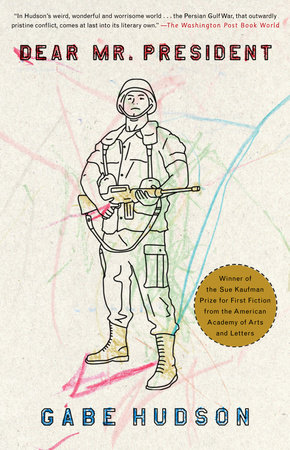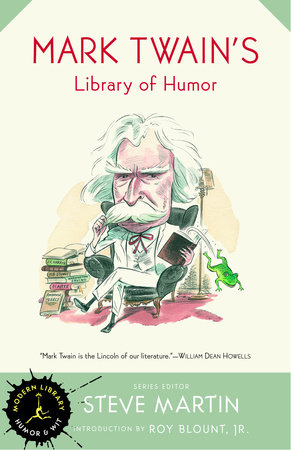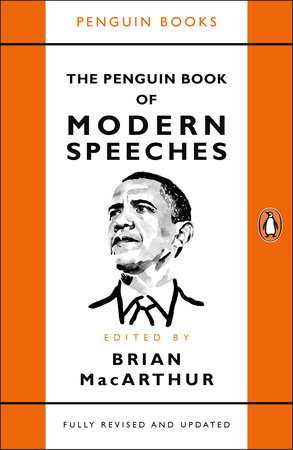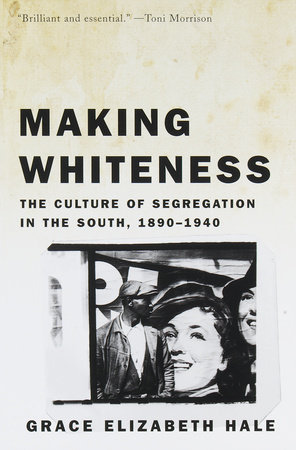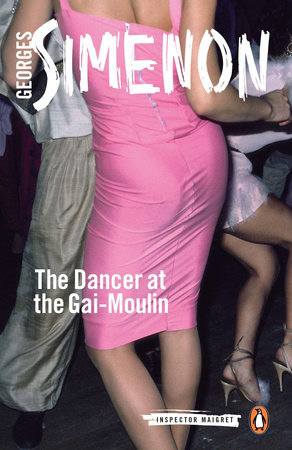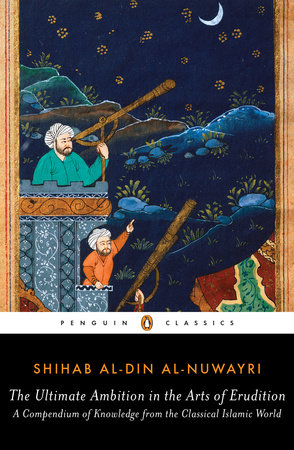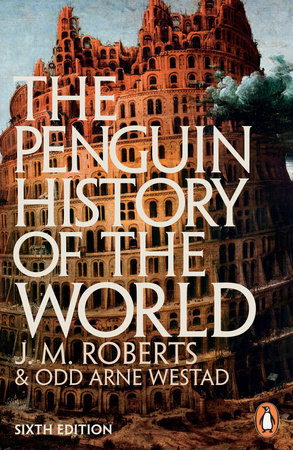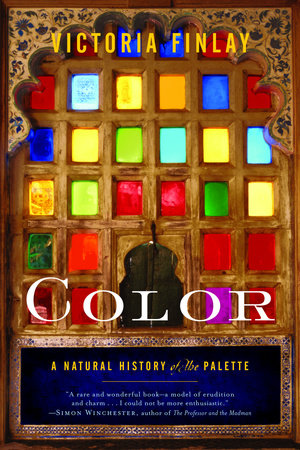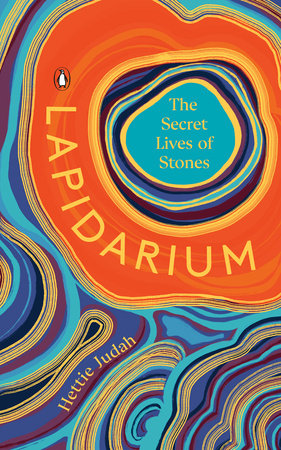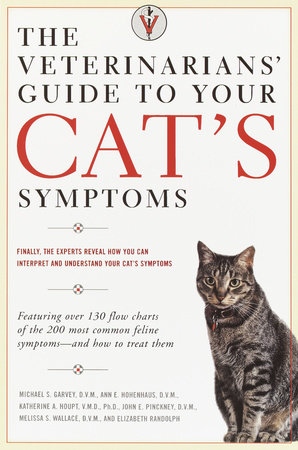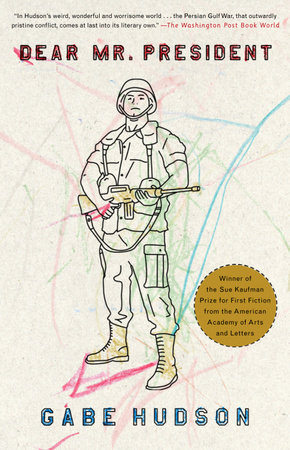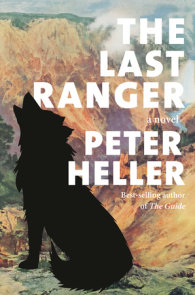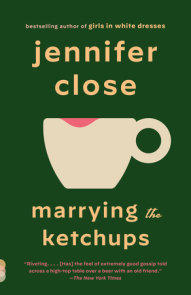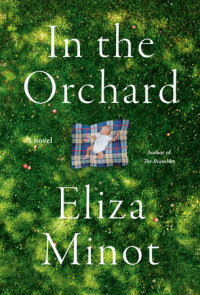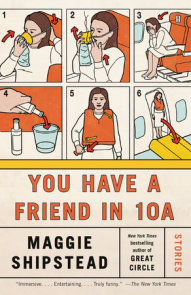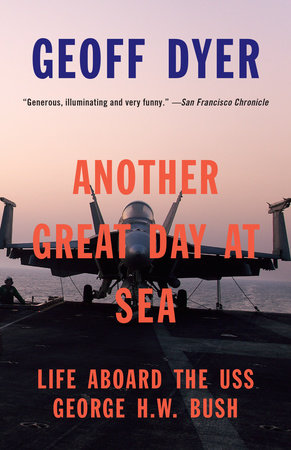Author Q&A
A Conversation with Gabe Hudson, author of Dear Mr. President
Q: Where did the unifying motif of the book come from? Did you write one story, or a few, and then decide to build a collection around the Gulf War?
A: One thing I hoped to achieve was to write a book that was very American, and that addressed, to some extent, the so-called "larger issues" implicit to America. I also didn’t want for people to be able to peg me as having one view or another. I wanted to write stories that weighed in on different sides. But above all I wanted to create tragicomic characters that possessed, or longed to possess, real grace, no matter how preposterous their worldview or their predicament. That, for me, was the real goal, to invest the book with a visceral current of sadness and humanity.
I knew from the get-go that I wanted to write a collection of linked stories that revolved around the Gulf War. As much as I love the form of the novel, I wasn’t interested in writing a novel for this particular subject. I also wasn’t interested in writing a collection of disparate stories. I wanted to do something that was a narrative collage, so that each piece could be approached as a self-contained unit, but would also, in the larger context of the book, be informed by the preceding piece(s). But that aside, because the Gulf War was brief and we, the public, only saw it in short (censored) bits on television, a series of stories seemed like the appropriate authorial response to the subject. The story form also allowed me to leap around in time–from post-war to pre-war to mid-war.
Q: Have you served in the military?
A: Yes, I served as a rifleman in the Marine Reserves for about four years, starting in 1992. I still don’t have any concrete explanation for why I joined, which is probably why I did it, because it didn’t make any sense in the context of my life. I will say I was raised to be an art kid. I grew up playing the violin rigorously, and wasn’t allowed to leave the house each day until I’d practiced for an hour and a half. Books, music, and food were the basic components of the household. Then, in 1992, as a privileged college kid down in Austin, Texas, I suddenly elected to go into the Marine Reserves.
The Marines wanted me to take a desk job type MOS (military occupational specialty) because I had some education, but I insisted I wanted to do the "hard thing" and join infantry. So I went off to bootcamp, then to Marine combat training, and then on to the School of Infantry, which is regarded as one of the tougher schools in the Marines. After all that, I went back to the real world and linked up with my reserve unit.
Q: Did you serve in the Gulf War?
A: No, but the unit I served in had been activated during the Gulf War. I learned a lot listening to the stories of my friends. That’s where I encountered Gulf War Syndrome. And it was terribly sad, because these guys lived to serve in the Marines–a lot of them dreamed of being in the military all their lives–and they were sick and couldn’t fulfill their duties, and the government wouldn’t admit that these soldiers needed help, or that their sickness was associated with their service in the war. A lot of these soldiers’ personal lives crumbled, wives walking out on them and such, because the family members believed the government rather than the soldiers themselves. Also, the government had all these techniques for keeping the sick at bay. For instance, the VA hospitals would schedule appointments for the people with Gulf War Syndrome five hundred miles away from their homes, to insure they’d never be able to make it. And so ultimately, Gulf War Syndrome, for me anyway, became an interesting metaphor for people from my generation.
Q: What do you imagine or hope the reaction might be to your depiction of the Gulf War, especially given the current U.S. military campaign?
A: I don’t have any hopes as to how my depiction of war might be received. To me, personally, this book was a project I needed to do in order to confront some issues and ideas that had been haunting me. I suppose I had it in my mind to write a book about war that seemed appropriate for someone my age, something that spoke to the peculiarities of being a younger person who grew up in a time of relative peace. I’ve always been fascinated by the way my generation has inherited various war myths, whether in film (Platoon, Full Metal Jacket, Jacob’s Ladder) or in books (Slaughter-House Five, Going After Cacciato). I noticed a sense of guilt in some soldiers my age, because they didn’t have any actual war experience. This became more complicated by the Gulf War. Most of the soldiers who served in that war didn’t even fire a round, and then they received an amazing amount of support and celebration from the American public when they returned home. The soldiers from Vietnam didn’t have any parades when they came home, and their experience of war was vastly different from the Gulf War, which is to say, the men and women who served in Vietnam were in many cases drafted, and they suffered incomprehensible casualties, and participated in a different style of combat. Hand-to-hand combat was not uncommon, whereas the Gulf War was more of a virtual war, with little more than a hundred casualties. Not to mention it only lasted a hundred hours, as opposed to the Vietnam War, which was more than a decade.
I have to admit my book did resonate differently after September 11th. When I started this book it was supposed to be about a war that no one even remembered, but suddenly the Gulf War was getting mentioned a lot in the media as a prelude to what was now happening. I hadn’t finished the book by September 11th. So, while most of my writer friends were talking about how they felt what they were doing was irrelevant (which I adamantly disagree with, because since when is fiction supposed to be "relevant") I was in the uncomfortable position of finding my writing life almost eerily relevant. Some of the stories in the book revolve around Special Forces service members, and as I was writing about them, I would turn on the television and see some Delta Operative running around Afghanistan.
Q: When did you first begin to write fiction?
A: Maybe it was when I was five, when my Dad started reading to me every night from works such as Moby Dick, T.S. Eliot, Wallace Stevens’ The Man With The Blue Guitar, all of Mark Twain. Of course, I had no idea what he was talking about, but he was a very compelling reader. There was no television in my house, and my Dad had this theory that if he read great work to me early on, then the "cadence of language" would get into my blood, and I’d be a better human being as a result. I used to write him bad stories each morning that tried to revise whatever it was he had read to me the night before.
Q: Would you say that certain writers have influenced your writing significantly?
A: Influence is a funny word. The fact is that various books have saved my life at times. If I had to name them, a couple of the writers who have offered critical first-aide are: Donald Barthelme, Cormac McCarthy, Kafka, David Wallace, Flannery O’Connor, Borges, George Saunders, Gogol, Vonnegut, Nathaniel West, Donald Antrim, Bruno Schulz, Padgett Powell, Coetzee, and Samuel Beckett. I’ve also received some corrective surgery from Monty Python, and by studying improv comedy. I have a firm belief in the subconscious, and its lightening intelligence, and when I feel I am writing my best, my subconscious takes over and swerves in whatever direction it feels is appropriate.
Q: What’s next–a novel, a screenplay, another collection?
A: I’m currently working on a novel. It addresses, among other things, the issue of immigration in America.
